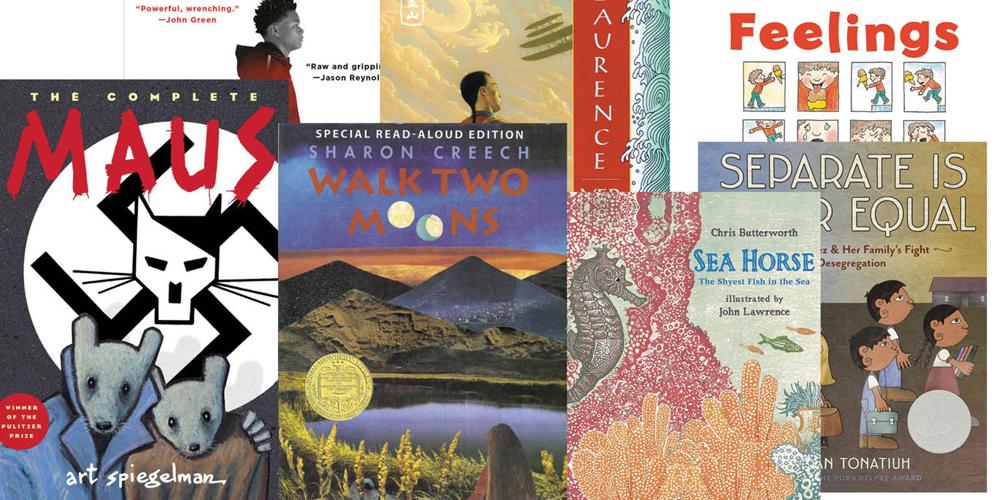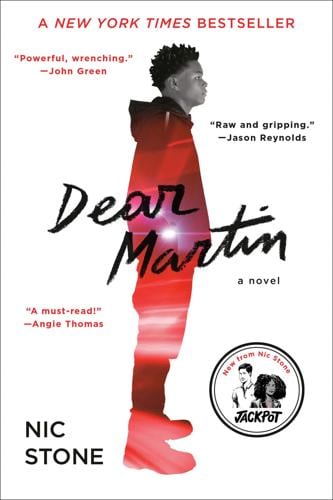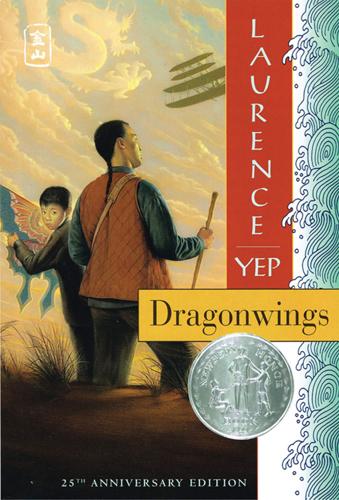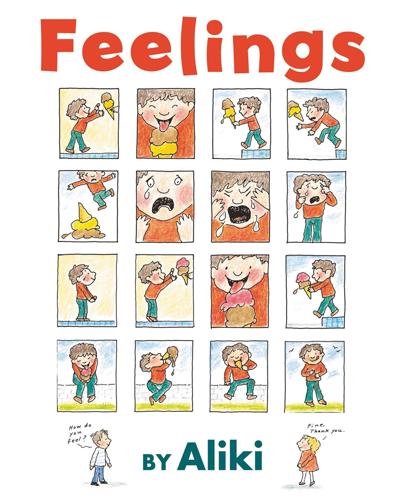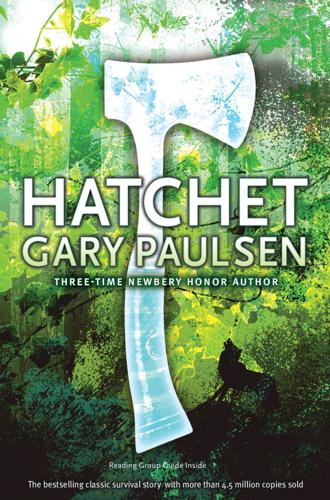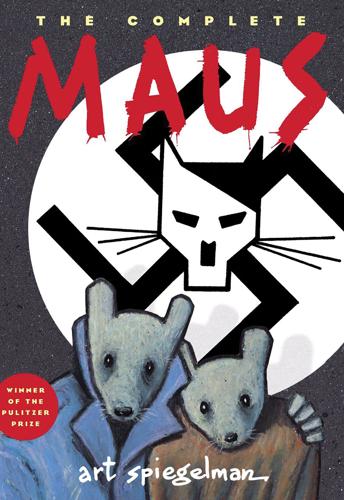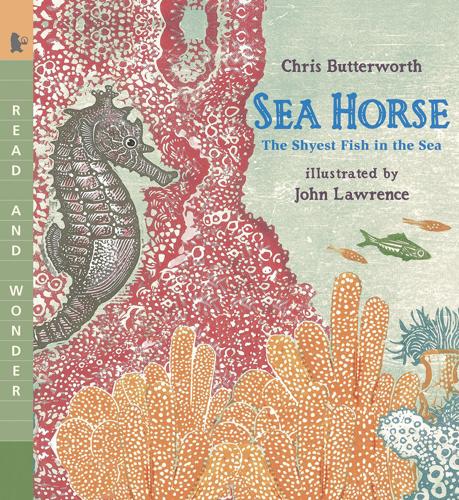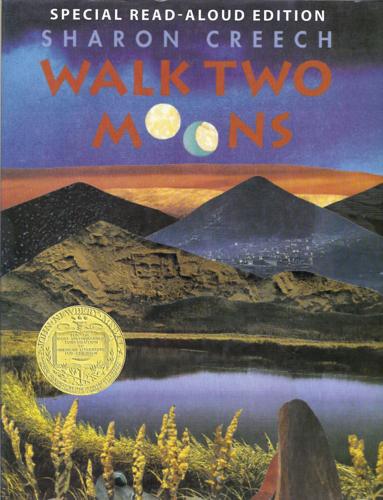When a book is banned, shunned or removed from a school district’s curriculum, it often says more about the setting than it does about the reading material itself. The books listed below have recently entered the news because vocal parents in Tennessee and throughout the South have objected to them being taught in schools, or even simply being available in school libraries.
Students can still find them in public libraries and bookstores — so kids, you can make the call for yourself.

Middle school/high school books
Maus by Art Spiegelman
Removed from McMinn County curriculum
To read a graphic novel as a school assignment has to be something special for students. It’s too bad that Maus, a story of surviving the Holocaust based on the author’s own father’s story, won’t be included in the school curriculum in McMinn County, which made national headlines for its objections to the book January. But the controversy also catapulted Maus to the top of the Amazon bestseller list, and prompted extensive media coverage, especially around International Holocaust Rememberance Day. Author Art Spiegelman’s graphic novel shows reverence for the experiences of our elders that young people would be wise to explore. In this way, the book still gets to serve its purpose.
Walk Two Moons by Sharon Creech
Removed from Williamson County curriculum
This was easily my favorite book that I read in school — in fifth grade, to be exact. Walk Two Moons’ protagonist, Sal, tells a story about her close friend in a way that I longed to emulate, and had a first kiss that I thought about for years. Seeing Sal navigate losing her mother and then her grandmother and find meaning and peace in it all soothed my anxious brain. What stuck with me more than the heavy themes — the book was removed for its “emotional resonation” — was the Native American proverb for which Sharon Creech named her book: “Don’t judge a man until you’ve walked two moons in his moccasins.”

Dear Martin by Nic Stone
Removed from curriculum in multiple Southern school districts
In Nic Stone’s Dear Martin, a 17-year-old Black boy becomes the victim of racial profiling — it’s unfortunately an all too common conflict in the real world. Narrator Justyce takes a pledge to be more like Martin Luther King Jr., and he and his friends, both Black and white, have conversations about racism in America. I like that the book doesn’t shy away from conversations on affirmative action, the KKK, gang violence, interracial relationships and media representation. I went to a less-than-diverse high school, and it would have been impactful for me to see the processing of these topics play out in Dear Martin’s pages. Even for an adult reader, it’s powerful to experience the point of view of a kid hearing about other kids who look like him being killed.
Dragonwings by Laurence Yep
Removed from Blount County curriculum
Dragonwings is inspired by the true story of a Chinese immigrant who made a flying machine in 1909. It follows 8-year-old Moon Shadow and his family members as they hang onto their traditions amid racism and poverty in San Francisco, and depicts the special bonds that exist between Moon Shadow and his male family members. It’s banned from the curriculum in a county that is just 1 percent Asian — now students have one less opportunity to learn something about Chinese culture. This book allows readers to remember how America can give new opportunities to immigrants, but it can also make life so difficult.
Children’s books disputed, altered or taken off curriculum in Williamson County

Sea Horse: The Shyest Fish in the Sea by Christine Butterworth
This book’s description of a male seahorse incubating its babies seemed too gender-fluid to some parents of first-graders — particularly the right-wing Williamson County group Moms for Liberty. But it’s really just science. This book answers how baby seahorses are made — just a nugget of information for a very curious age group.
Feelings by Aliki Brandenberg
Teachers were asked to do additional teaching about happiness to counteract the more “negative” emotions mentioned in Aliki Brandenburg’s Feelings. I love the way these adorable comic scenes give examples of situations where kids feel jealous, lonely, angry, sad and more. It has aged very well, and recently came to mind as I stared blankly at my therapist, who was asking me to name my emotions.
Separate Is Never Equal: Sylvia Mendez and Her Family’s Fight for Desegregation by Duncan Tonatiuh
I learned something new about history from this book about a trial that sought to desegregate California schools seven years before Brown v. Board of Education. The truth of what Williamson County Schools sought to cut out, about a superintendent with racist views, is an important one. What an opportunity this book presents to educate kids in the schools of today, which are increasingly resegregated by race and socioeconomic class.
Student activists, the Youth Poet Laureate, banned books, our first student essay contest and more

